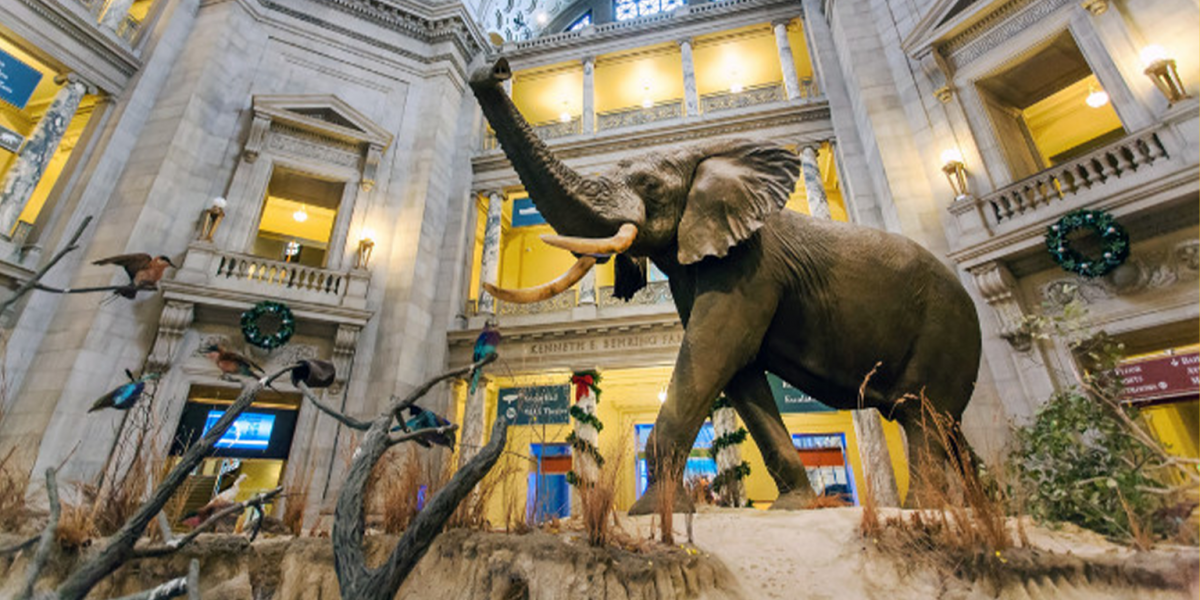Discover Magazine: What Does The Future of Natural History Museums Look Like? (ft. Diana Marsh)
INFO Professor Diana Marsh contextualizes the history of museums in the modern world

(Credit: Tinnaporn Sathapornnanont/shutterstock)
In a recent interview with Discover Magazine, University of Maryland College of Information Studies (INFO) Professor Diana Marsh discussed the past and future of natural history museums alongside specialists in the field at the American Museum of Natural History.
Marsh contextualized the narrative of museums by explaining how “the word museum, from the Greek mouseion, or ‘seat of the muses,’ evokes a very specific kind of institution, one that formed in the expansionist, imperialist world of 19th-century Europe.” Late 1800s collections typically contained unique species, minerals, fossils and specimens from around the world. While fascinating in nature, these collections often stemmed from widespread and pervasive colonization, resulting in curators possessing many stolen pieces of history.
That is one aspect that makes current collection management more difficult. Not only are processing and accessioning protocols more meticulous, but systematic scientific extraction through colonization continues to wreak havoc on marginalized communities. Stolen human remains and crucial knowledge of endangered species of former colonies constitute the legacy of old world museums.
Click here to read the full article.
The original article was written by Nathaniel Scharping and published by Discover on April 4, 2024. It will also be featured in the May 2024 print issue of Discover Magazine.